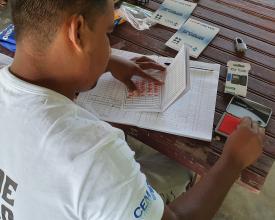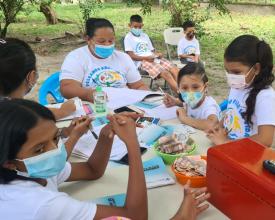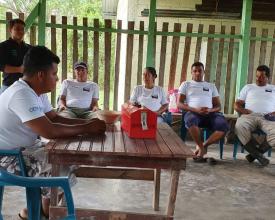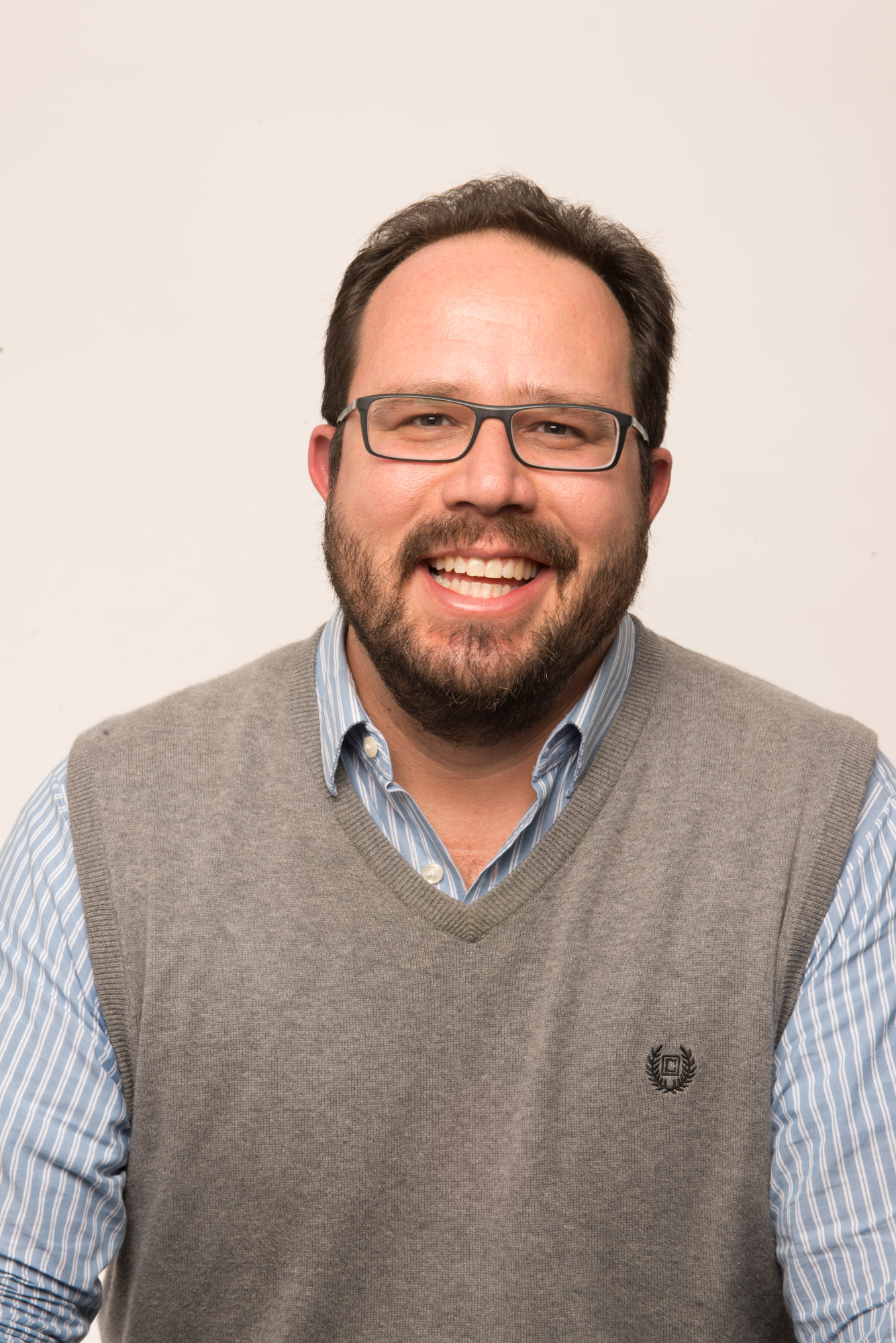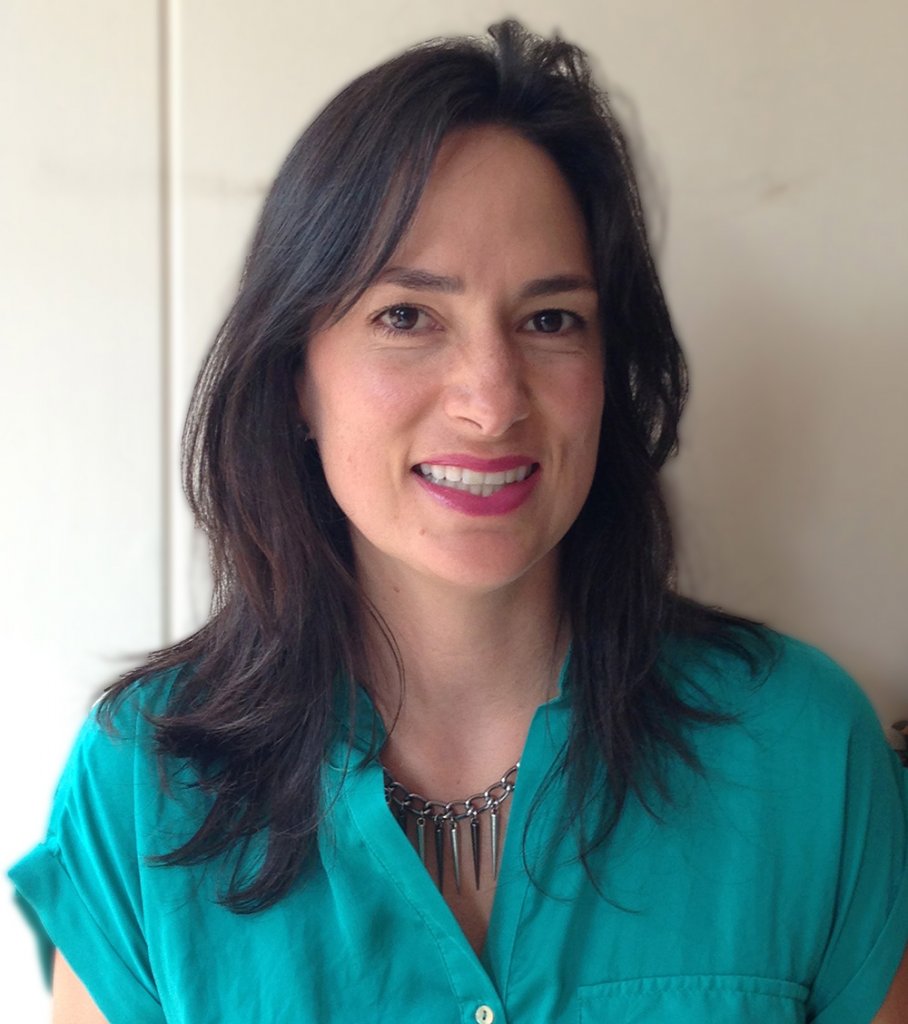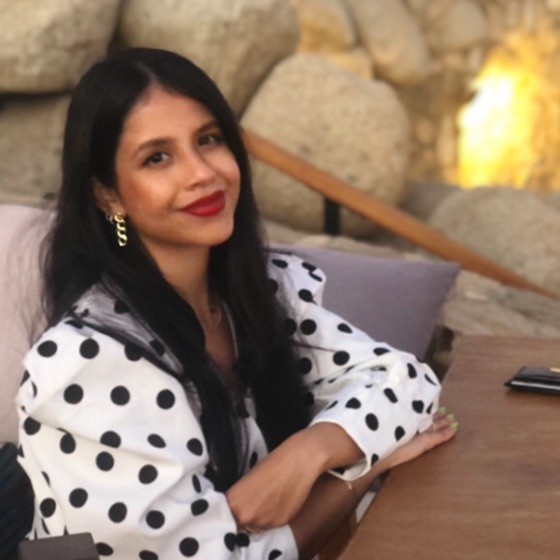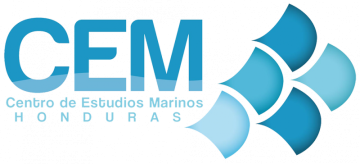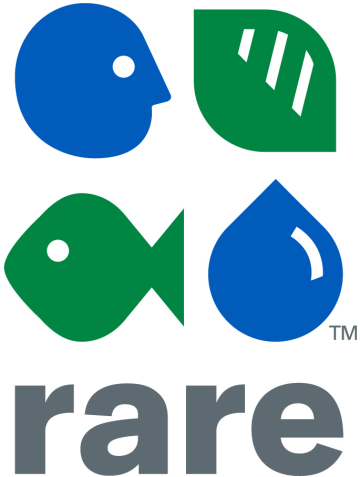
Resilience of coastal fishing communities in times of crisis
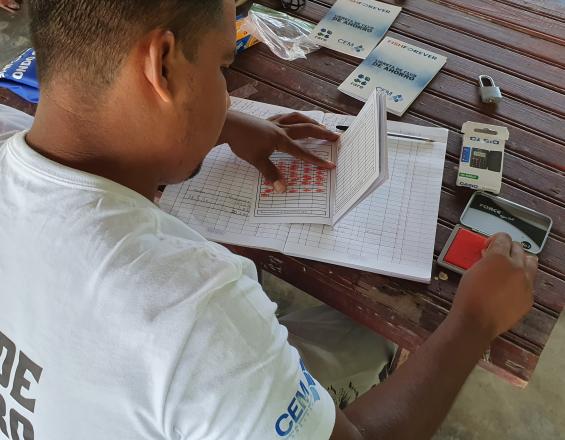
In 2020, Honduras was not only affected by the impacts of the global COVID-19 pandemic but saw also massive disruptions and destruction caused by back-to-back hurricanes, Eta and Iota. The compounded effects of this double-crisis had major impacts on coastal communities.
Still, communities part of Rare’s community-driven Fish Forever program [GP1] showcased resilience towards these impacts, coping comparatively well. Coastal communities supported each other, demonstrating solidarity and strong social cohesion, and leveraged their healthy fisheries and money saved through Fish Forever’s savings clubs to cover income losses and other emergencies, ensure local food security, and recover. The crises also led to new opportunities through local entrepreneurship and a stronger understanding across local stakeholders of the importance of a healthy ocean for local livelihoods and food security.
Context
Challenges addressed
The solution aims to strengthen the resilience of coastal communities to external shocks that affect their wellbeing. As these shocks intensify as our climate changes and our environment degrades more, it's imperative to build resilience at all levels—social, environmental and economic.
The COVID pandemic along with hurricanes Eta and Iota brought various challenges to communities across Honduras’s north coast. Disruptions along the fisheries and food value chains caused income loss and food security threats. The hurricanes destroyed infrastructure and productive assets. Fishing households live in a cash-based informal economy, limiting their access to loans, insurance and other protection services that act as safety nets during times of crisis or shocks. Degraded ecosystems and weak social fabrics add to the problem, not providing necessary ecological and social safety nets. Without these, coastal households are highly vulnerable and will struggle to cope with shocks.
Location
Process
Summary of the process
Savings clubs provide simple mechanisms for rural communities to save and borrow while promoting greater social cohesion and resilience, both critical to overcoming crises and enabling community-led natural resource management. The clubs also help fishing households, who are often preoccupied with the day-to-day and meeting immediate needs, successfully sacrifice today’s spending to have enough for the future, which implies a shift their planning horizons from the short to the long run. This shift is essential for the success of conservation efforts, as ecosystem recovery takes time and requires fishers to forego a portion of today’s catches for tomorrow’s. Finally, by having access to savings and better credit, fishing households will be less likely to rely on predatory, unsustainable loans, disrupting a cycle where chronic debt drives overfishing.
Building Blocks
Social Cohesion
Fish Forever’s overarching community-driven approach and concrete elements within it, like savings clubs, have strengthened bonds between community members and built social capital across fishing communities. Stronger social cohesion and greater social capital—through shared savings and joint participation in natural resource management— proved essential in times of crises and resulted in families and communities supporting each other with food and other essentials.
Enabling factors
A community-driven approach that places people at the center of the solution is essential. Savings clubs (SC) build community cohesion, increase trust & improve communication and coordination. Members come together to save weekly, making it a shared, transparent process. In addition to a savings fund, SC also includes a social fund that can be used for emergencies or community projects, serving as shared capital in times of need.
Lesson learned
Promoting social cohesion takes time and requires continuous engagement with local communities to earn their trust and improve communications. Savings clubs can help fast-track this process. It is critical to follow saving clubs methodology but provide groups with some flexibility to make it their own. Having clubs set their own rules is also essential for building trust.
Access to savings and affordable credit through Saving Clubs
Saving clubs provide economic safety nets against crises and shocks by serving as mechanisms for families to save and borrow in the absence of formal financial services. During COVID-19 and after the hurricanes, saving clubs provided an immediate safety net for many families.
Enabling factors
Savings clubs are the most successful in communities or sectors where informality and reliance on cash and predatory loans is high, that is where financial services are non-existent or tough to access.
Lesson learned
Access to savings and credit serve as safety nets not during extreme events like pandemics or disasters, but during bad fishing seasons too where catches and income are low. Furthermore, savings clubs not only provide safety nets but can also serve as mechanisms to invest. Many savings clubs in Honduras have started to invest their savings in productive assets or entrepreneurial endeavors, making their funds grow faster.
A healthy ocean
Marine habitats sustain critical biodiversity and fish stocks that support the livelihoods of coastal communities across Honduras and the world. Healthy oceans and well managed fisheries ensure continuous benefits for those who depend on them during good times and bad.
Enabling factors
These crises brought a heightened recognition that well-managed fish stocks and thriving ecosystems can be an effective way to secure food and income for communities and prevent further migration—a worsening phenomenon in Central America. This understanding of the ocean as a safety net has been promoted among fishers and resulted in increased recognition by the government and greater support for the declaration of new protected areas. Increased demand for protection enables actions that ensure healthy oceans and thriving coastal communities.
Lesson learned
Effective ocean protection and fisheries management are complex endeavors that require diverse interventions and strategies. Community-driven action, however, always needs to be a core component. Having communities as stewards of their marine resources, fishing responsibly, and participating in management and surveillance, is essential for effective conservation and management.
Impacts
Increased resilience through effective fisheries management, marine protection and saving clubs helped counter loss of income for fishers, maintain food security, weave tighter social and financial safety nets within communities that allowed households to help each other and cover emergencies. Plus, the heightened recognition of the importance of a healthy ocean for local livelihoods is further helping curb destructive fishing and generating support for fisheries management and the creation of new marine protected areas and reserves.
Beneficiaries
Fishing households living in coastal communities across Honduras’s Caribbean coast
Sustainable Development Goals
Story
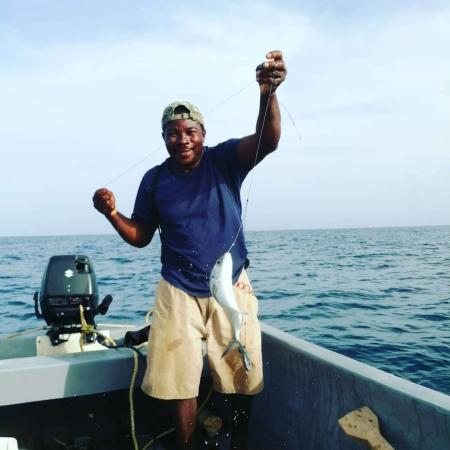
What used to be a routine trip for artisanal fisher Carlos Portillo has turned into an odyssey. Every few weeks, Carlos would travel from his remote coastal town in Honduras to the nearest city to stock up on beans, rice, flour, and, when fishing was good, even some meat. But as borders shut down and restrictions tighten as a result of the COVID-19 pandemic, Carlos and many like him are starting to worry about their ability to access basic food staples and household supplies.
World attention has been tuned to the spread of the novel coronavirus and focused on the urban epicenters of the crisis and the closure of major parts of the economy. But in rural villages in developing countries like Honduras, a broader story from lives that have always been largely out of view, is emerging. And while there is no escape from the impacts of this crisis, the struggles of coastal villages like Carlos’s, where residents fish local waters and farm small plots of land, are coming into sharp relief.
Like the rest of the world, the communities across this Central American nation’s Caribbean coastline are hurting. “Before this crisis I would sell up to 400 pounds of fish a week. For the past two weeks, I’ve been unable to sell even a pound,” explains fisher Elvis Rodríguez. With shelter-in-place orders, the local traders that normally buy the daily catch from fishing communities and resell it in local towns, have stopped coming. Without cold storage to save fish for later, most fishers have no option but to decrease their fishing trips, foregoing income on potential catches.
But as local livelihoods take a hit and uncertainty grows, Honduran rural communities are recognizing that they do have safety nets to fall back on.
The ocean is providing one of the most important safety nets, sustaining thousands of households along Honduras’s north coast. “As long as there is fish in the sea, there is hope. We might not be able to sell our product, but we can still fish to feed our families and neighbors” says Edgardo Padilla, a fishing leader from a community not far from Carlos’s village.
Read the rest at https://rare.org/story/when-nets-catch-more-than-fish/

